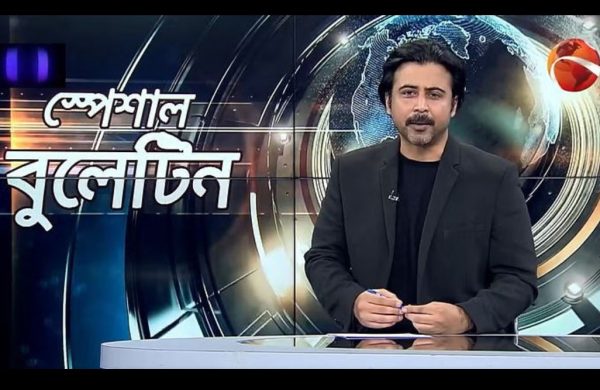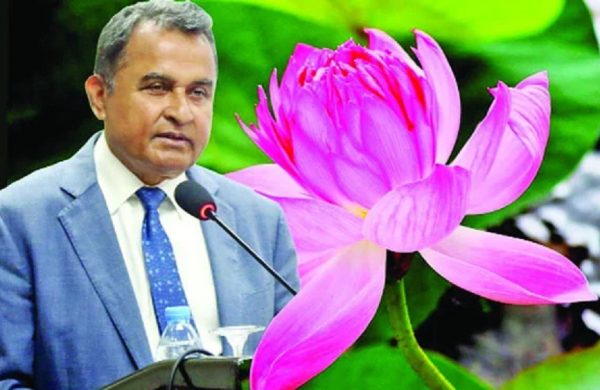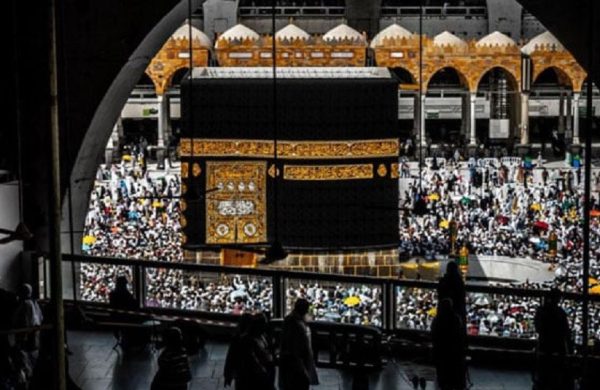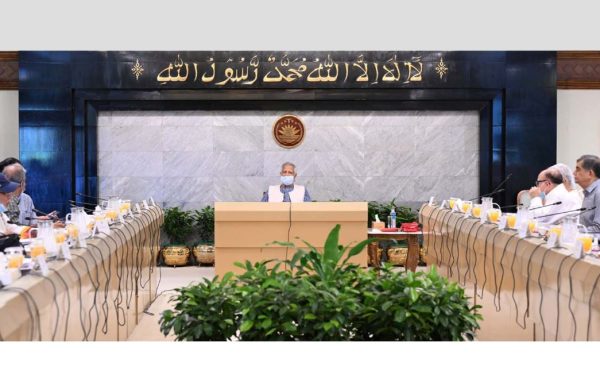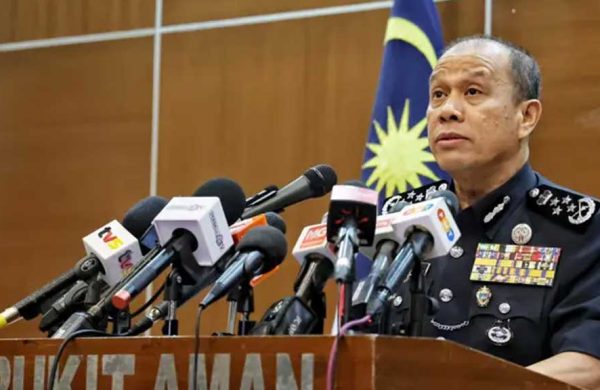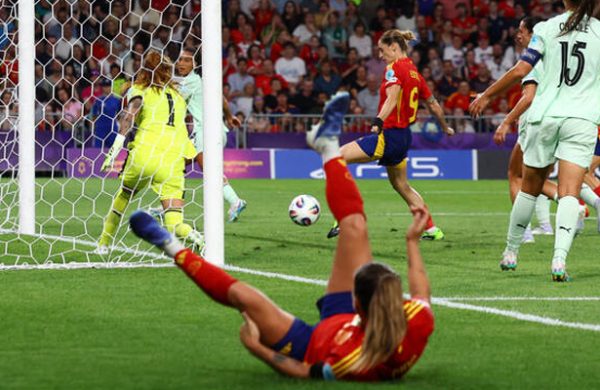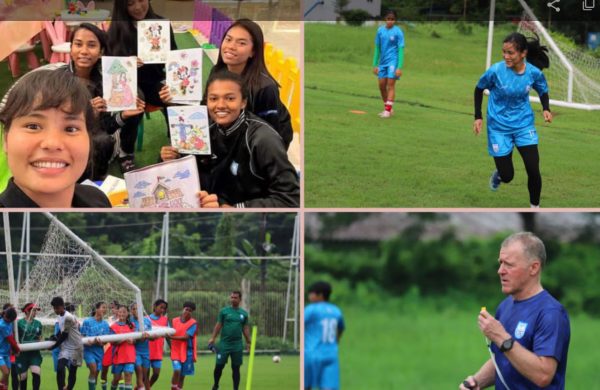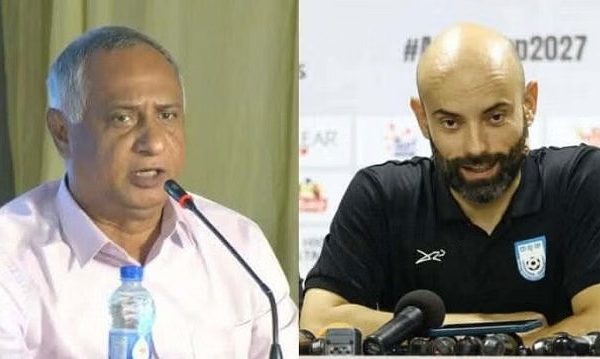Bangladesh-India water-sharing issue should be resolved as per int’l norms: Yunus
- Update Time : Friday, September 6, 2024
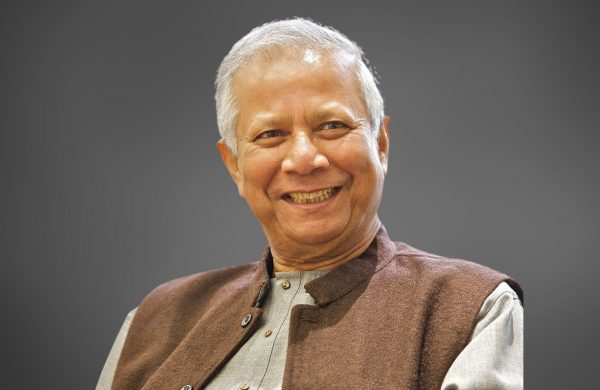
Until the treaty is signed, a humanitarian approach can be adopted to deal with such crises, he says
TDS Desk:
Bangladesh’s Chief Adviser Prof Muhammad Yunus has said his interim government would pursue with India ways to resolve the differences over the long-pending Teesta water-sharing treaty as delaying it for years serves no purpose for either country.
In an interview with PTI at his official residence in Dhaka, Yunus said the water-sharing issue between the two countries must be resolved according to international norms, reiterating lower riparian countries like Bangladesh have specific rights that they seek to uphold.
“We have to resolve this issue according to international norms. The lower riparian countries have certain rights, and we want those rights,” he said.
According to the chief adviser, “By sitting over this issue (water sharing), it is not serving any purpose. If I know how much water I will get, even if I am not happy and sign it, it would be better. This issue has to be resolved.”
Replying to a query on whether the interim government would push for resolving the issues over the Teesta water-sharing treaty at the earliest, he said “Push is a big word. I am not saying it. We will pursue it. But we have to sit together and resolve it.”
The Teesta water-sharing has been hanging fire since September, 2011 due to West Bengal Chief Minister Mamata Banerjee’s opposition to it, citing a scarcity of water in the northern part of her state.
“This is not a new issue but a very old issue. We have spoken on this issue on several occasions. The discussions began during the period of Pakistan’s rule. While we all wanted this treaty to be finalised, even the Indian government was ready for it. However, the state government of West Bengal was not ready for it. We need to resolve it,” he said.
Speaking about the flood situation in Bangladesh and reports from Dhaka blaming India for the floods, Yunus said that until the treaty is signed, a humanitarian approach can be adopted to deal with such crises.
“When the High Commissioner (of India) came to meet me, I said that we can work on better management to see how the situation can be controlled during the floods. For such coordination between two countries, we don’t need any treaty.”
“We can work on this together on humanitarian grounds and resolve this as this will ease the suffering of the masses. Such humanitarian steps would really help,” he said.


